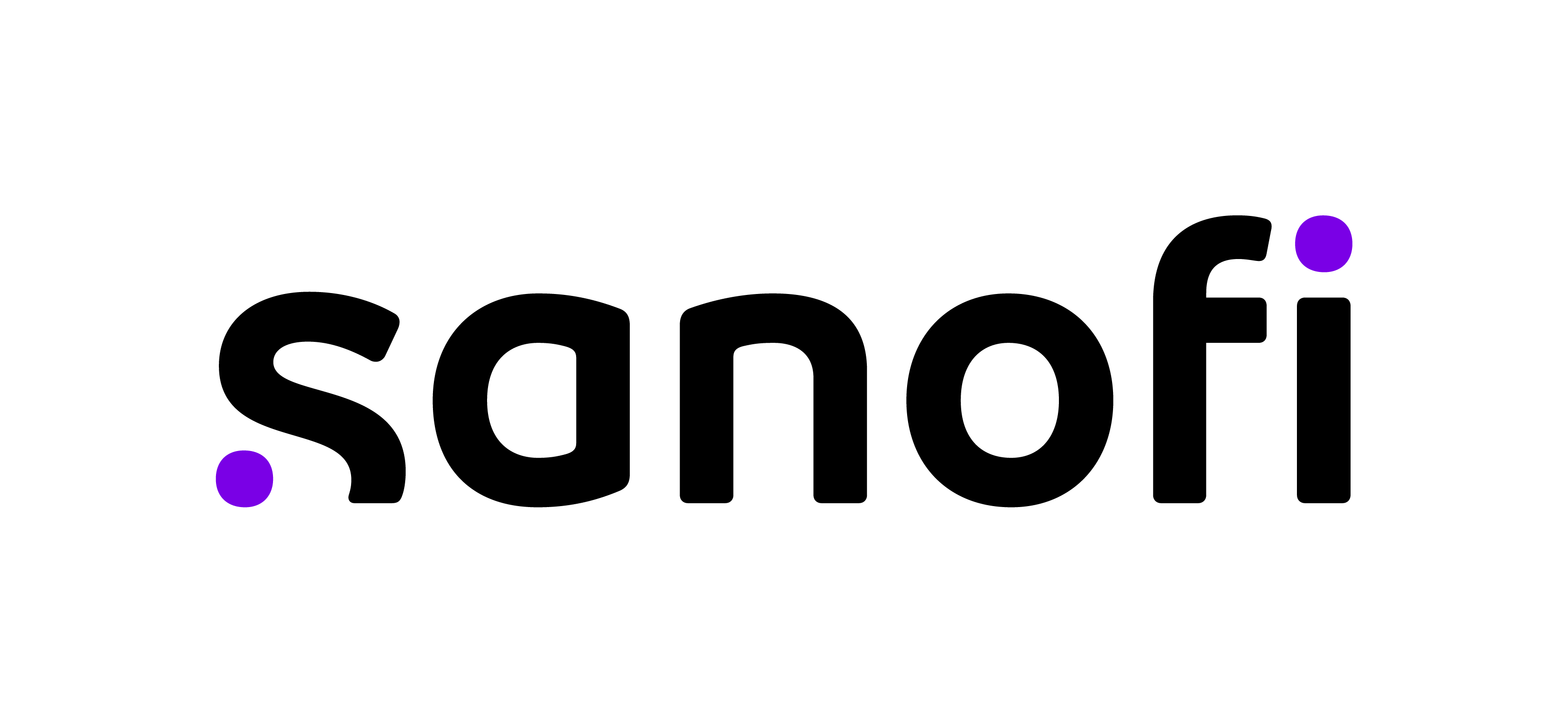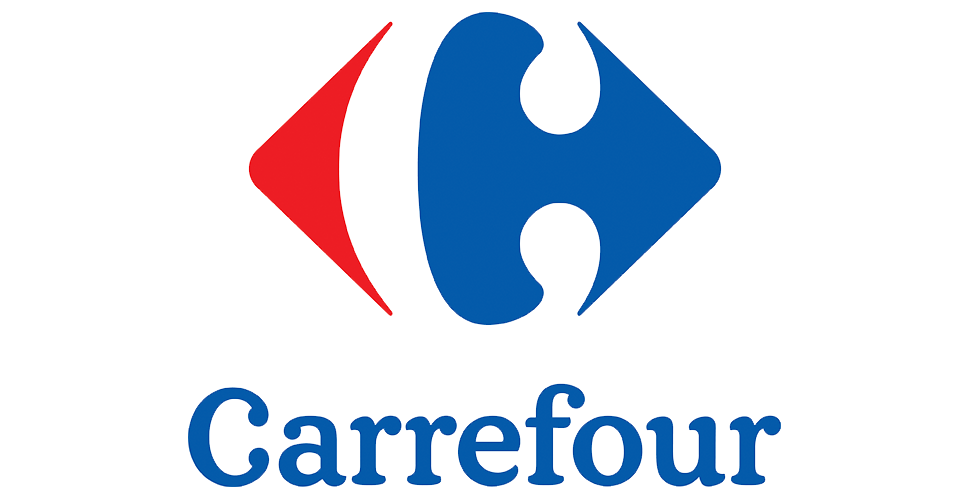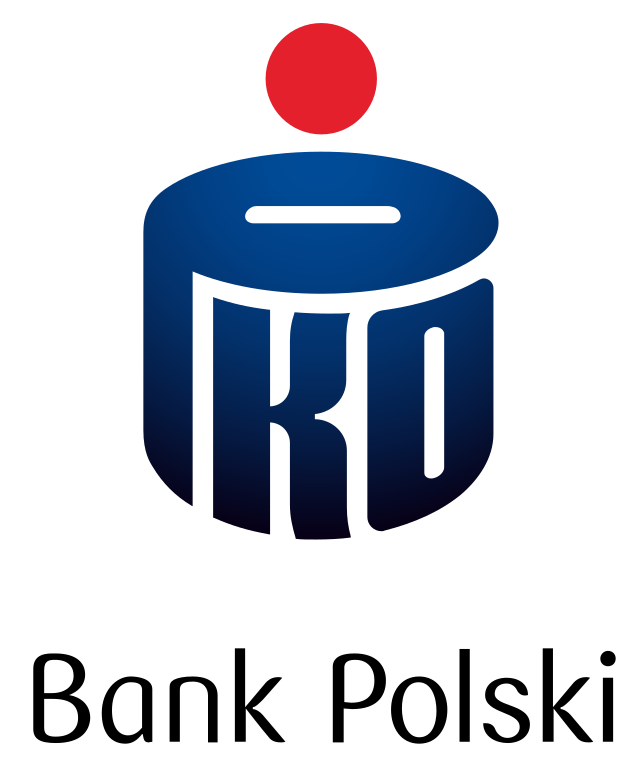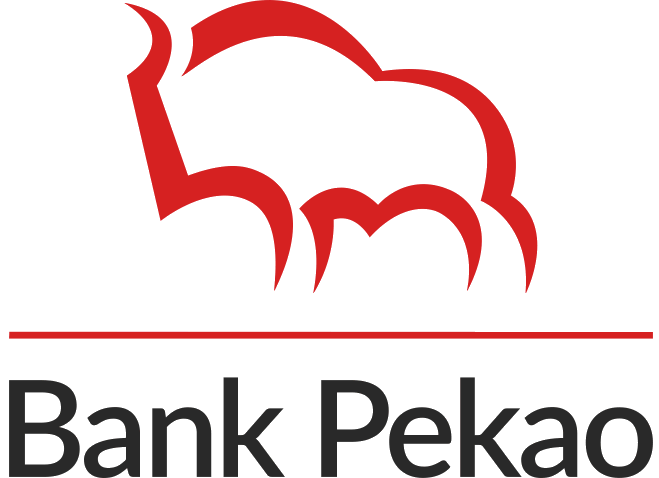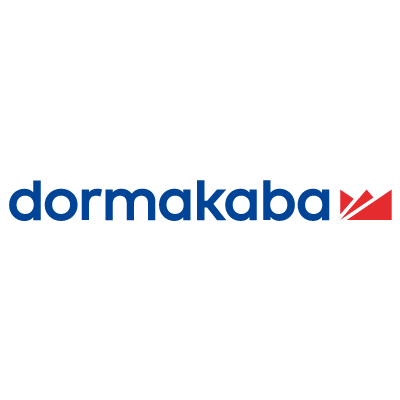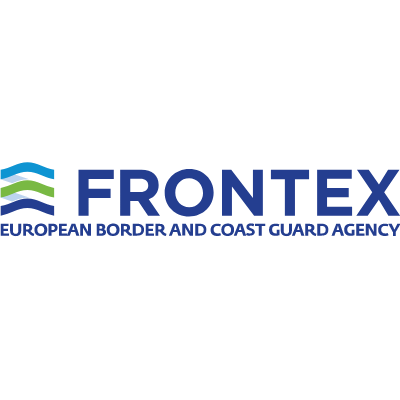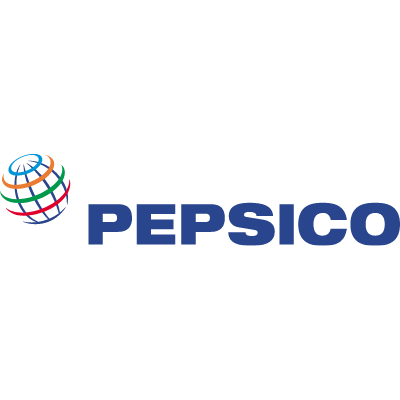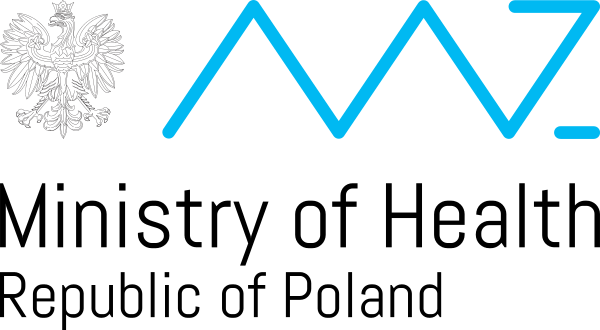Cookies are small text files that are stored on your device using the browser. They do no harm and do not allow any conclusions to be drawn about your identity. We use cookies to make our offer user-friendly. You can find more information under our data protection notice.
Privacy overview
Necessary cookies
These cookies are essential for the basic functions of the website.
If you deactivate this cookie, we cannot save your settings. This means that you will have to activate or deactivate cookies every time you visit this website.
Third party cookies
This website uses tools like FB Pixel, LinkedIn Insight Tag, and MS Clarity to collect information about the ways you interact with the page.
If you activate this option, you can improve our website.
Please activate the necessary cookies first so that we can save your settings!
Additional Cookies
This website uses Google Analytics 4
Please activate the necessary cookies first so that we can save your settings!


